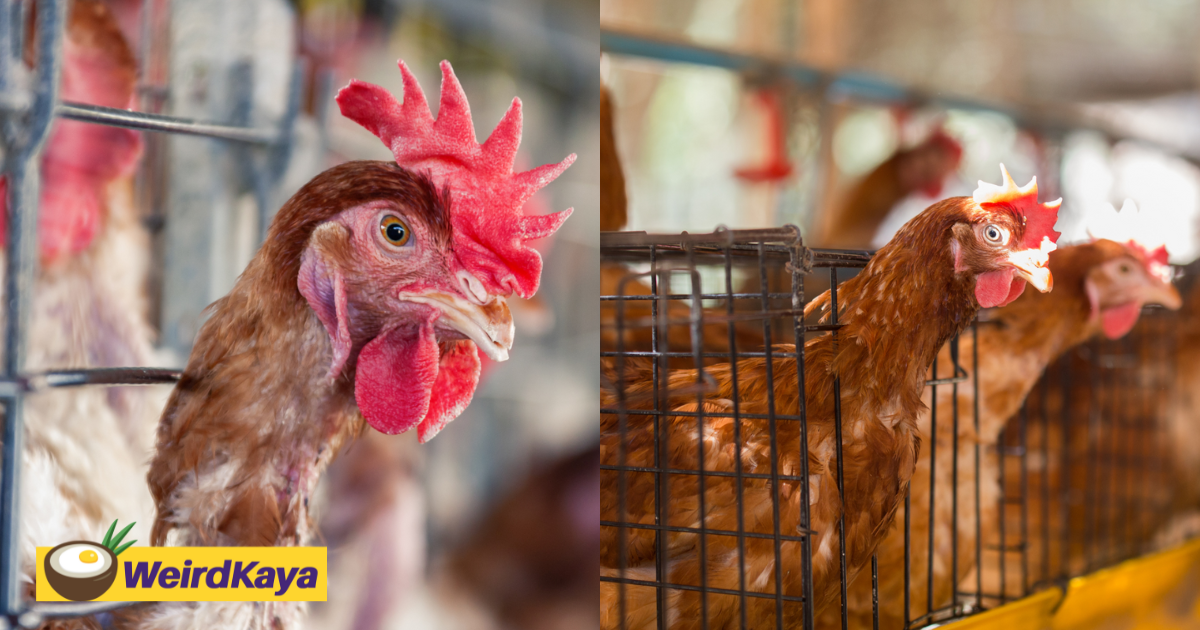Sinergia Animal’s latest Cage-Free Tracker report reveals that many companies in Asia are unlikely to meet their commitments to eliminate the use of battery-cage eggs by 2025.
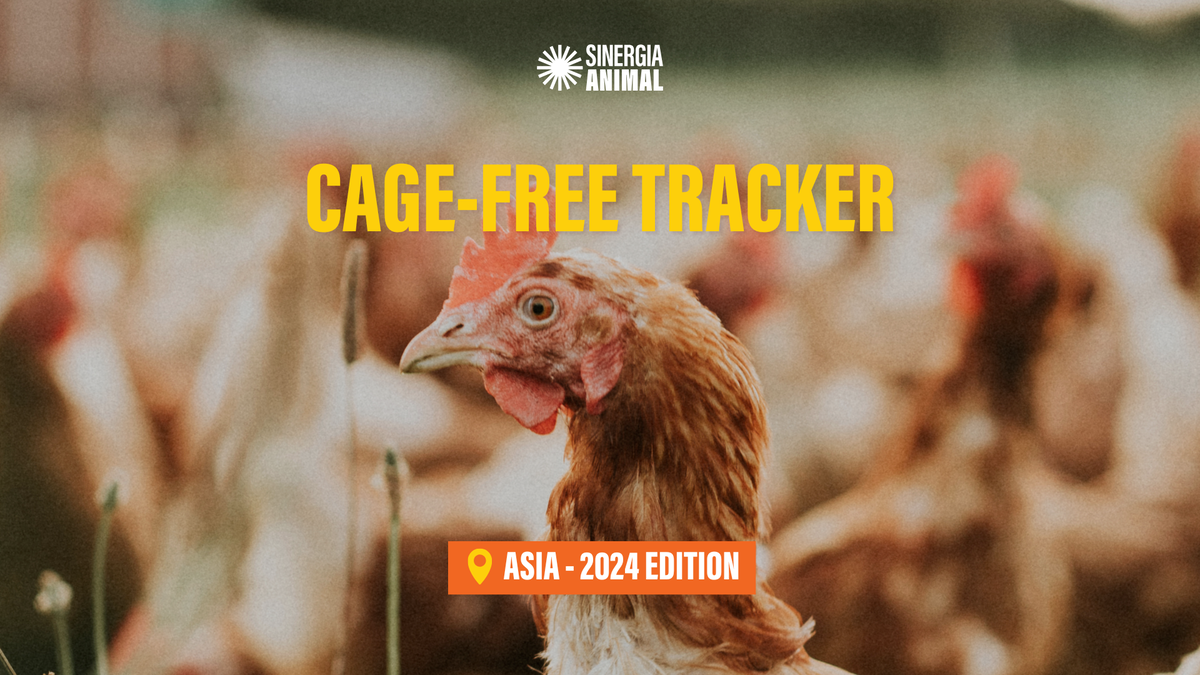
The NGO surveyed 78 companies across India, Indonesia, Japan, Malaysia, and Thailand and found that 50 of them risk falling short of their pledges to stop using this controversial system, which is already banned in many countries.
“Asia is the world’s largest egg producer. Millions of hens are confined in cages where they can’t walk, spread their wings, or engage in natural behaviours. This is unacceptable,” said Among Pakrosa, Director of Sinergia Animal in Indonesia.
“We’re calling on these companies to honour their promises to switch to cage-free systems by 2025.”
Encouraging Progress
The NGO has identified companies that could strengthen their commitments to cage-free policies, such as companies with 2025 cage-free commitments that haven’t yet reported on their progress and companies reporting progress in other regions but not yet in Asia.
This list includes Best Western, GoTo Foods, illy, Millennium & Copthorne Hotels, and Subway. “We know these companies still have time to do what’s best for animals, and we encourage them to finish the transition towards a cage-free supply chain,” said Pakrosa.
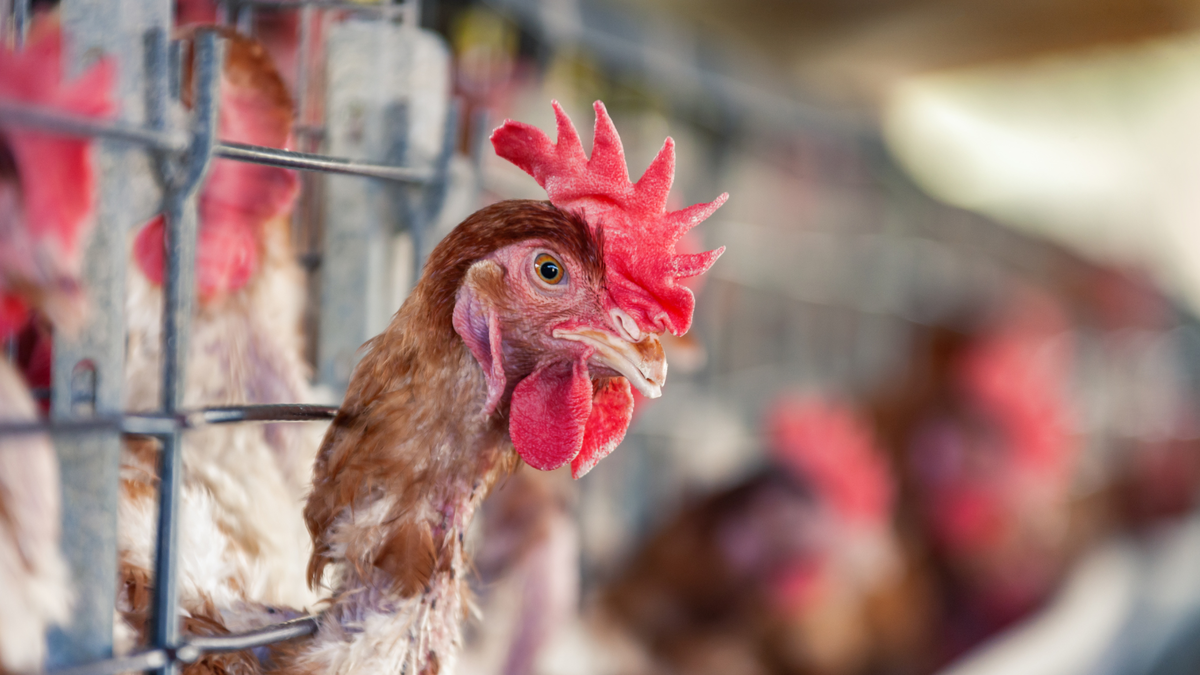
Positive Signs from Some Companies
The report also shows a good trend in terms of advancements, as 34.61% (27 out of 78 companies) of the companies analyzed have shared their progress in Asian countries, and 2 companies fully transitioned to cage-free eggs in Asia or nationally within Asia.
Well-known brands, including Bridor, Carma, Danone, Dr. Oetker, and Groupe Le Duff, lead the way in Malaysia or Asia.
“This growing transparency shows a positive trend toward better animal welfare and increased consumer trust,” added Pakrosa.
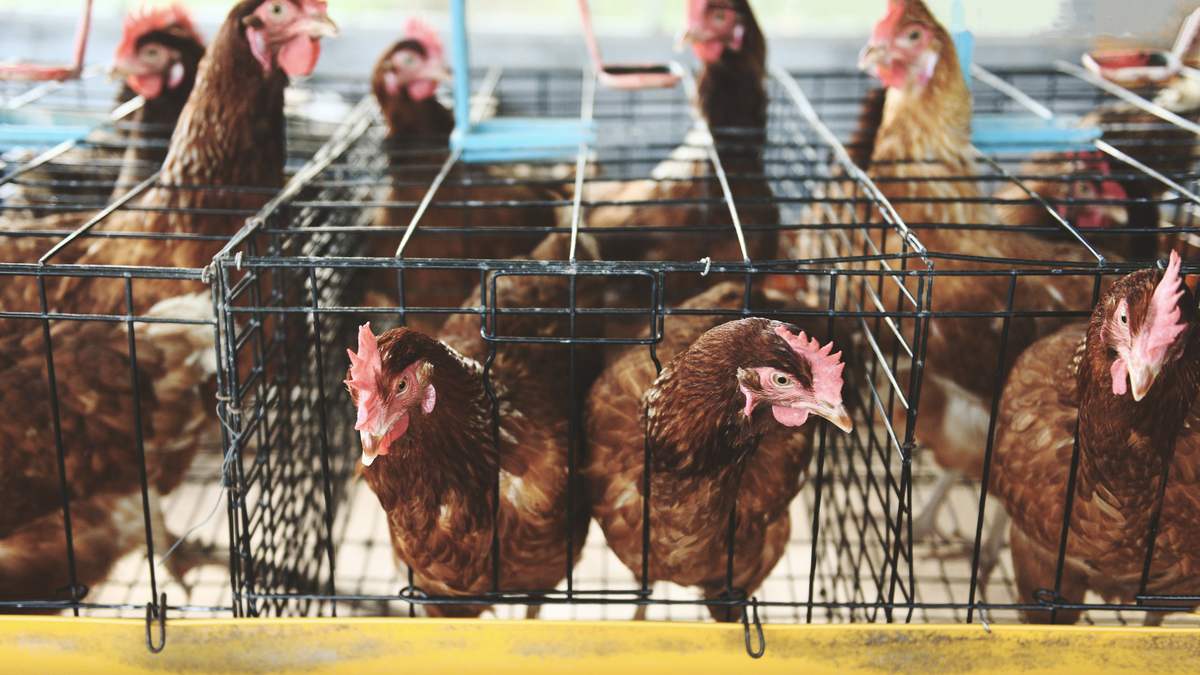
Producers Join the Cage-Free Movement
The report also highlights progress among egg producers in Thailand and Indonesia. Out of 50 producers surveyed, 11 (22%) have already transitioned to 100% cage-free production.
“The data we gathered will help companies connect with producers to meet their cage-free goals,” explained Pakrosa.
Companies struggling to source cage-free eggs can purchase credits from the Impact Incentive system by Global Food Partners—a temporary solution already used by major companies like Compass Group and Unilever.
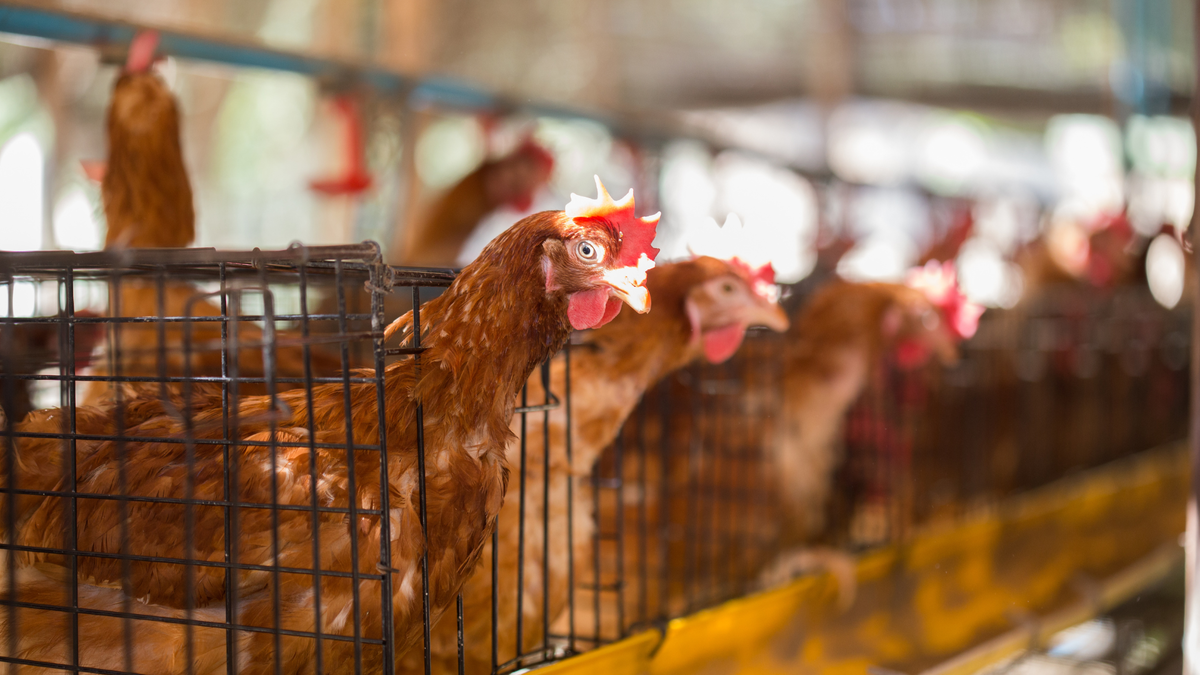
Cage-Free Momentum Grows in Asia
Asia, which produces 64% of the world’s eggs, is gradually shifting away from cages. Bhutan, China, Indonesia, and Thailand have already implemented cage-free standards, and over 2,600 companies worldwide, including 318 in Asia, have committed to going cage-free.
For more details, visit their official website.
Read more:



